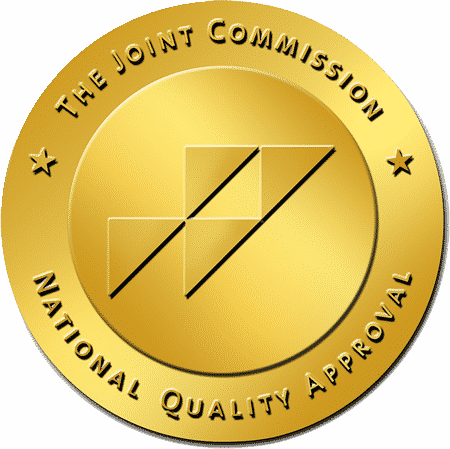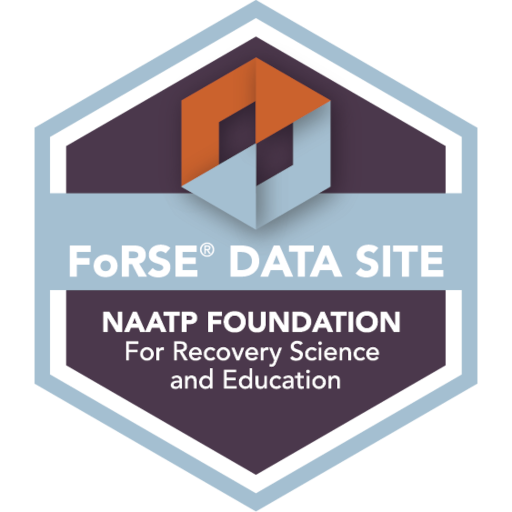Alcohol detox is the body’s process of eliminating alcohol and managing withdrawal symptoms. It’s the first step to overcoming alcohol dependence. This article explains what to expect during detox, including symptoms and the importance of medical support.
Key Takeaways
- Alcohol detox is a critical step in addressing alcoholism, involving a systematic elimination of alcohol from the body and preparation for ongoing rehabilitation.
- Withdrawal symptoms can vary in severity and pose serious health risks, necessitating medical supervision during alcohol detox to manage these symptoms effectively.
- Medications such as benzodiazepines, naltrexone, acamprosate, and disulfiram play a vital role in alleviating withdrawal symptoms and supporting long-term sobriety.
What Is Alcohol Detox?

Alcohol detox is the initial phase in addressing alcoholism, where the substance is systematically eliminated from the body. This process is important in treating alcoholism as it prepares the patient for comprehensive rehabilitation programs. Medical detoxification helps the body rid itself of alcohol while treating the withdrawal symptoms that can arise during this period. It is a structured intervention designed to manage these symptoms and ensure the safety of individuals overcoming alcohol dependence.
The detox process can be broken down into three main phases: evaluation, stabilization, and preparation for ongoing treatment. During the evaluation phase, doctors and nurses assess the individual’s substance use and determine the necessary interventions for a safe alcohol detox. Stabilization involves providing medical and psychological support to help individuals become free from alcohol. Finally, the preparation phase focuses on readying the patient for the next steps in their recovery journey, ensuring they have the support and resources needed to maintain long-term sobriety.
A huge step for anyone struggling with alcohol use disorder and alcohol dependency is to consult with doctors and treatment professionals for a medical assessment. Many individuals delay seeking help due to family issues, job responsibilities, or personal relationships, not realizing that substance abuse and alcohol abuse are damaging their bodies and making recovery more difficult as they age. Those who drink heavily or engage in heavy drinking may find it even harder to take the step to undergo a professional medical assessment, which can significantly improve the chances of a successful recovery.
Symptoms Of Alcohol Withdrawal
Alcohol withdrawal symptoms can range from mild to life-threatening, affecting both physical and psychological health. These symptoms can begin as early as two hours after the last drink, with the intensity and duration varying based on the individual’s drinking history and overall health. Recognizing these symptoms early is needed for seeking timely and appropriate alcohol withdrawal treatment.
Common initial symptoms of alcohol withdrawal include stomach pains, insomnia, headaches, sweating, and heightened anxiety. As withdrawal progresses, mild symptoms may develop alongside more severe symptoms, such as delirium tremens, which can include severe agitation, confusion, hallucinations, trembling, and alcohol related seizures. These severe alcohol withdrawal symptoms can pose serious health risks, making medical supervision essential during the detox process. Alcohol withdrawal syndrome can complicate these symptoms further.
The severity of alcohol withdrawal symptoms depends on several factors, including the duration and amount of alcohol intake, the individual’s medical history, and any co-existing psychiatric conditions. Understanding the potential risks and being prepared to manage them can significantly reduce withdrawal symptoms and improve the chances of a successful detox.
Timeline Of Alcohol Withdrawal Symptoms
Withdrawal symptoms usually start between six to 24 hours after stop drinking or reducing alcohol consumption. This onset period can vary for different individuals. The timeline of these symptoms can vary, with some individuals experiencing symptoms as soon as six hours after their last drink. The severity and duration of these symptoms depend on factors such as the individual’s drinking pattern, health status, and the presence of any co-occurring disorders.
The progression of withdrawal symptoms can be divided into distinct phases, each with its specific challenges. The following subsections will provide a detailed timeline of what to expect during the alcohol detox process, covering:
- The initial 6-12 hours
- The first 24 hours
- Days two to seven
- The period after one week
Initial 6-12 Hours
During the first six to twelve hours of alcohol detox, individuals may begin to experience withdrawal symptoms such as headaches, anxiety, shaking, nausea, and irritability. This period marks the beginning of the body’s adjustment to the absence of alcohol and can be quite uncomfortable for those undergoing detox.
An initial assessment is crucial during this time to monitor vital signs and ensure that any emerging symptoms are managed effectively. Monitoring blood pressure, heart rate, and overall physical health can help healthcare professionals intervene promptly if there is an increased risk of more severe symptoms developing.
First 24 Hours
The first 24 hours of detox can be particularly challenging, with an escalation of withdrawal symptoms, including significant agitation and visual disturbances. During this period, individuals may experience severe symptoms such as seizures and hallucinations, which pose serious health risks.
Medical supervision is crucial during this time to manage these severe withdrawal symptoms effectively and prevent any life-threatening complications. Access to professional care during the initial day of detox significantly improves safety and comfort.
Days Two To Seven
From days two to seven, withdrawal symptoms generally reach their peak intensity, with some symptoms potentially lasting for weeks. Common symptoms during this period include hallucinations and panic attacks, which can fluctuate in severity and may require strategies to ease withdrawal symptoms.
This phase is critical as it poses a risk of life-threatening symptoms such as delirium tremens, which can develop between days three and seven of detox. Close monitoring and medical intervention are essential to manage these severe reactions and ensure the individual’s safety.
After One Week
After one week of detox, many symptoms begin to lessen, although some minor withdrawal symptoms may persist for weeks beyond the initial detox period. Individuals may experience lingering issues such as anxiety and sleep disturbances, known as Post-Acute Withdrawal Syndrome (PAWS), which can last from several months to a year.
Understanding that recovery is a gradual process can help individuals remain patient and committed to their sobriety journey. Continued support and medical supervision can aid in managing these protracted symptoms and prevent relapse.
Medications Used In Alcohol Detox

Medications play an important role in reducing alcohol withdrawal symptoms and maintaining chemical balance in the body during detoxification, including pharmacological management to prevent alcohol withdrawal. These medications are administered by medical professionals in inpatient alcohol detox facilities to ensure safety and effectiveness.
The primary goal of using medicine during alcohol detox is to alleviate symptoms of withdrawal and reduce the risk of complications, making the detoxification process more manageable for individuals. The following subsections will explore the most commonly used drugs in alcohol detox, including:
- Benzodiazepines
- Naltrexone
- Acamprosate
- Disulfiram
Benzodiazepines
Benzodiazepines are often used in alcohol detox to manage severe withdrawal symptoms effectively and reduce alcohol withdrawal symptoms. These medications help alleviate symptoms such as severe anxiety, tremors, and potential seizures, which are common during the withdrawal process.
Proper dosage and duration of benzodiazepines are critical to reduce the risk of withdrawal complications and ensure a safe detox process. Medical supervision is essential to monitor the individual’s response to the medication and adjust the treatment plan as needed.
Naltrexone
Naltrexone functions by blocking the euphoric effects of alcohol, thus aiding in craving reduction. This medication is effective in reducing the urge to drink by blocking opioid receptors, making it a valuable tool in preventing relapse.
Incorporating naltrexone into the treatment plan helps individuals struggling with alcohol addiction manage their cravings and focus on recovery. Medical professionals closely monitor the individual’s progress while taking naltrexone to ensure the medication’s effectiveness and adjust the treatment as needed.
Acamprosate
Acamprosate helps brain recovery and reduces alcohol cravings, making it a valuable addition to the alcohol detoxification process. This drug medication is being researched for its effects on PAWS symptoms like insomnia, anxiety, and restlessness, offering additional support during the recovery period.
Unlike some other medications, Acamprosate does not produce an unwanted effect if alcohol is consumed, allowing individuals to focus on their recovery without the fear of adverse reactions.
Disulfiram
Disulfiram works by causing unpleasant reactions when alcohol is consumed, serving as a deterrent to drinking. This medication’s deterrent effect helps individuals avoid alcohol by making the experience of drinks extremely uncomfortable. Many who have struggled with alcohol have found that when they drank, the consequences were far from pleasant.
Using Disulfiram as part of a comprehensive treatment plan can significantly reduce the likelihood of relapse and support long-term sobriety. Medical supervision ensures that the medication is used safely and effectively.
Risks And Complications Of Alcohol Withdrawal

Alcohol withdrawal can pose serious risks and complications, making it essential to manage the process carefully. Alcohol withdrawal seizures and delirium tremens, a severe withdrawal complication, can develop between days three and seven of alcohol detox and may be deadly, with a mortality rate of 5 to 25%.
Many factors, including individual health, drinking history, and genetics, can affect the severity and duration of alcohol withdrawal. Medically-assisted alcohol detox prevents serious complications, monitors health conditions, and relieves painful effects, ensuring a safer and more comfortable alcohol detox process.
Importance Of Medical Supervision During Alcohol Detox

Alcohol addiction can have the most complicated detoxification process and alcohol withdrawal symptoms. They can be severe and potentially life-threatening, making medical supervision during an alcohol detoxification imperitive. A person who choses to quit drinking alcohol “and go cold turkey’ can put themselves in a dangerous place. A medically supervised alcohol detoxification is essential for managing alcohol withdrawal safely.
Detoxing in a controlled environment offers several advantages:
- Enhances safety and comfort
- Reduces withdrawal risks
- Provides access to personalized treatment options
- Offers evidence-based therapies
How To Access La Hacienda Treatment Center’s Medical Detox Program
La Hacienda Treatment Center offers a comprehensive medical detox program with 24-hour medical staff available to support individuals throughout the detox process. The center emphasizes individualized treatment plans for each patient, recognizing that each patient is different and requires tailored levels and modalities of care.
Patients often describe the staff at La Hacienda as phenomenal, caring, and professional, expressing gratitude for their support and kindness. The center’s inpatient medical detoxification and residential addiction treatment program accept most insurance, making it accessible to those in need.
The Role Of Family And Loved Ones
Family and loved ones play a large role in providing support to individuals undergoing alcohol detox, contributing to better treatment outcomes. La Hacienda Treatment Center offers a family program that educates loved ones about addiction and its impacts, building better communication and understanding.
Family programs at La Hacienda typically last three days and focus on improving understanding and cooperation among family members, helping them support their loved one’s recovery journey. Educational resources provided to families help them understand the dynamics of addiction and how best to support their loved ones.
Summary
Summing up, alcohol detoxification is the initial step in treating alcoholism, requiring medical supervision to manage the the alcohol withdrawal symptoms effectively. Understanding the timeline of withdrawal, the medications used, and the risks involved can help individuals and their loved ones navigate the alcohol detoxification process safely.
La Hacienda Treatment Center offers a comprehensive and supportive environment for medical detox, with individualized treatment plans and a caring staff. Taking the first step towards sobriety can be challenging, but with the right support and resources, recovery is possible. If you or a loved one is struggling with alcohol, don’t hesitate to seek help and embark on the journey to a healthier, alcohol-free life.
Frequently Asked Questions
What is the most important step for individuals struggling with alcoholism?
Consulting a healthcare professional for a comprehensive medical assessment of alcohol use is the most important step for individuals struggling with alcoholism. This ensures an informed approach to treatment and support.
What are the three parts of the medical detoxification process?
The medical detoxification process consists of evaluation, stabilization, and transition to addiction treatment. Each part is essential for ensuring a safe and effective path to recovery.
Why is medically supervised detox important for individuals with alcohol use disorder?
Medically supervised detox is very important for individuals with alcohol use disorder as it safely manages severe alcohol withdrawal symptoms, preventing potentially dangerous complications associated with abruptly stopping alcohol intake, meaning gong “cold turkey” and quitting alcohol. This oversight ensures a safer transition towards recovery.
How can family members support a loved one undergoing alcohol detox?
Family members can significantly support their loved one during alcohol detox by engaging in educational programs that enhance communication and build a deeper understanding of addiction. This collaborative approach can create a more supportive environment for recovery.
Sources:
Wikipedia.org: Alcohol Detoxification
Alcohol withdrawal and the depressant effects of alcohol
ASAM: Alcohol Withdrawal Management (PDF)
NIH: Diagnosis and management of acute alcohol withdrawal (PDF)




